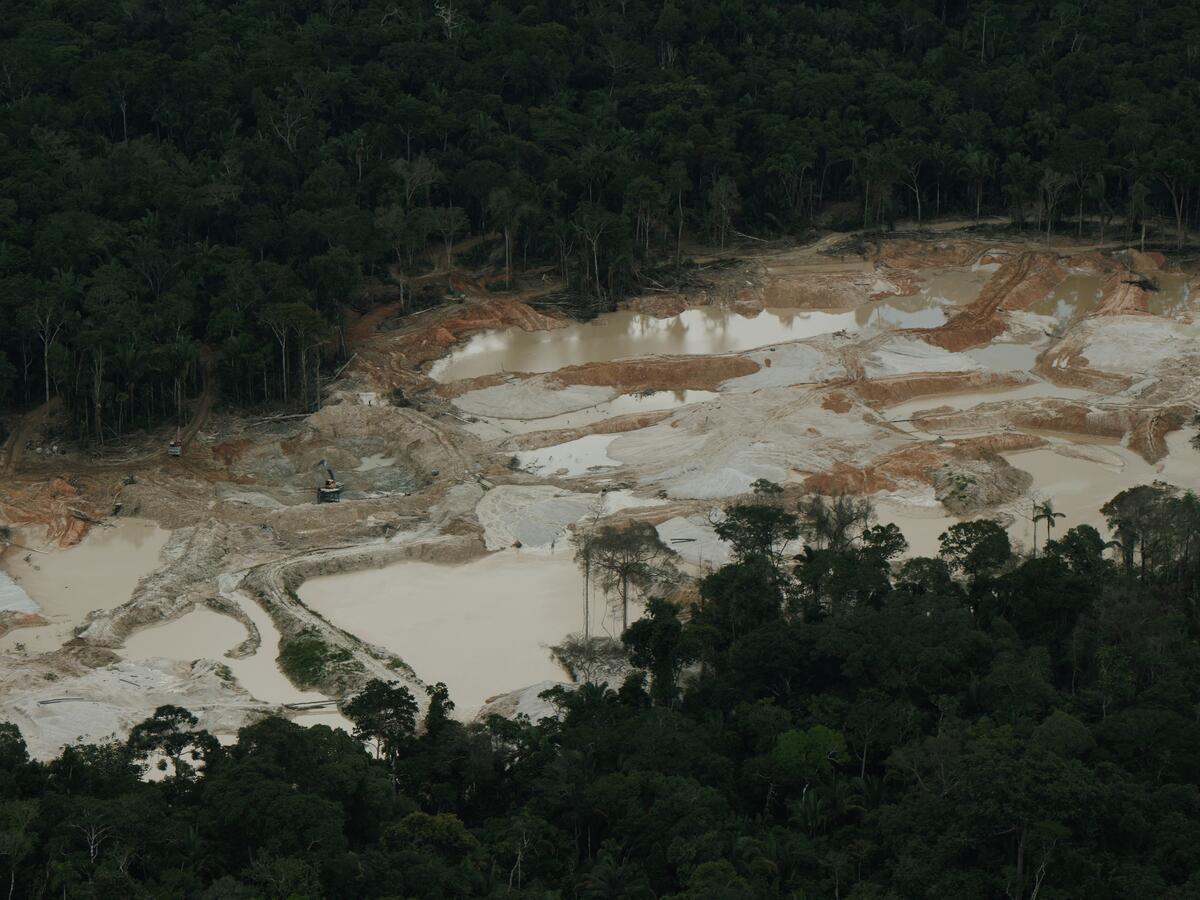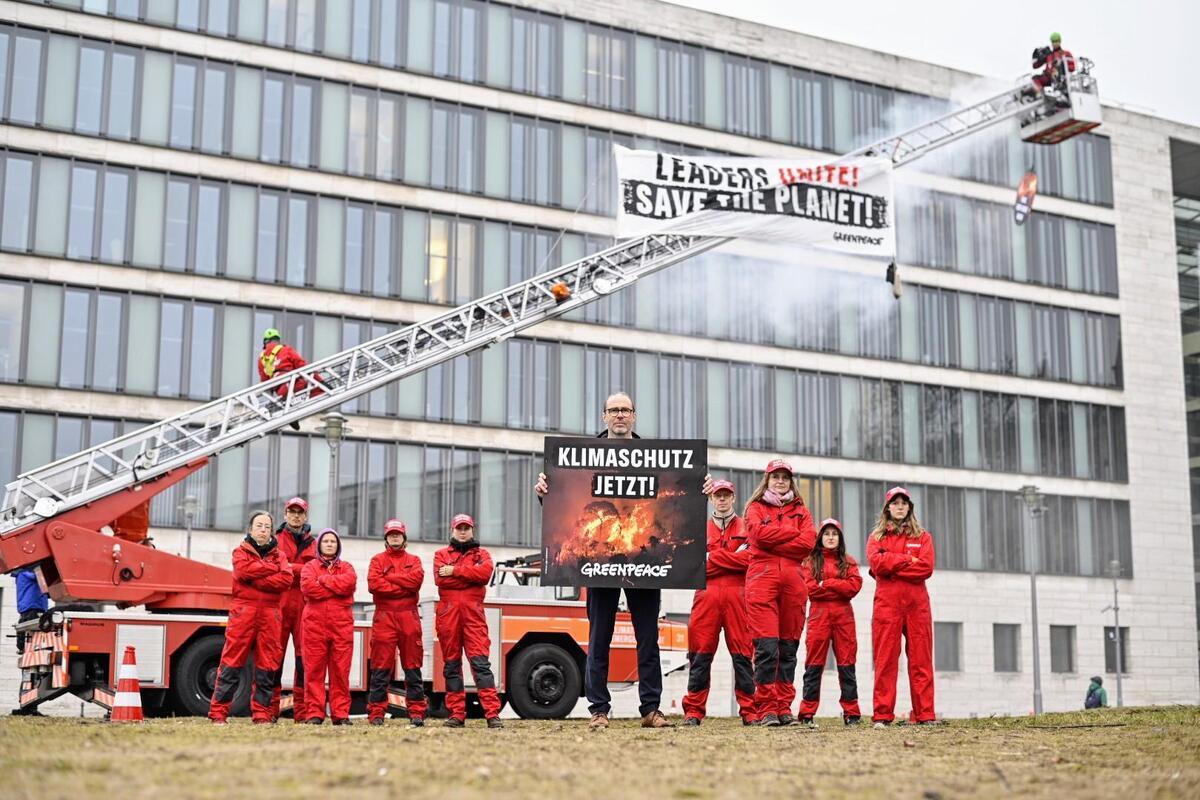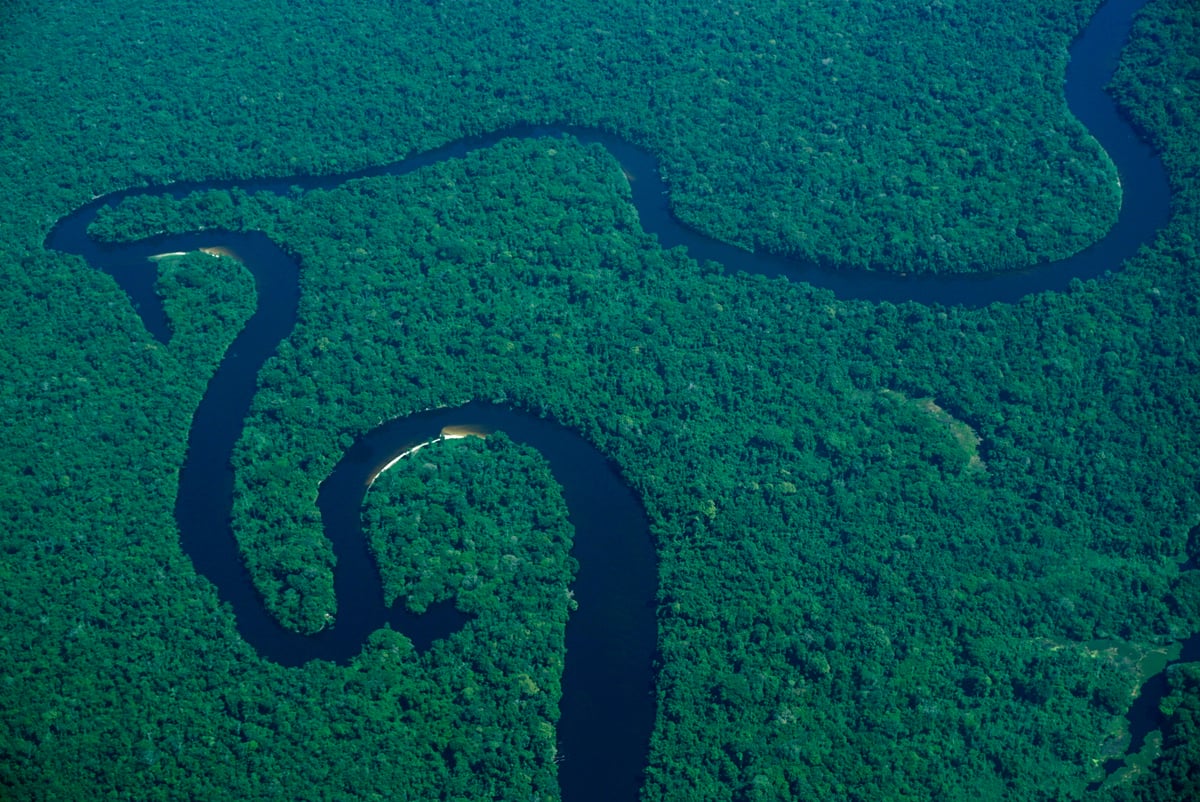Every year on the International Day for Biological Diversity, the urgency of protecting our planet’s ecosystems becomes increasingly apparent. Global deforestation continues at an alarming rate, with approximately ten million hectares lost annually, equivalent to the size of Cuba or South Korea. At the heart of this devastation lies a rigged financial system with governments and greedy banks funnelling trillions of dollars towards the big corporations that work in sectors synonymous with nature’s destruction.
In a year when elections are taking place in more than 60 countries – the biggest election year in history – it is more important than ever that people hold their governments to account and use their vote to decide the future of the planet.
Reducing funds to corporate destruction of nature
Whether these trillions take the form of government subsidies or credit and investment from banks, it is time for our elected leaders to stop ignoring this massive problem and instead focus on their core mission of serving the public. Governments need to cut the strings with their corporate puppeteers who work hard to maintain a status quo that feeds their obsessive focus on profit and economic growth at the expense of the planet.
However, despite all this terrible news, stories of hope do emerge, highlighting the interconnectedness of human wellbeing and ecosystem stability. In Central America, one country stands out for its lush rainforests and unwavering commitment to conservation. Despite its small size, Costa Rica is one of the most biodiverse places in the world and hosts over 12,000 plant species, 1,200 butterflies, 800 birds, and 650 mammals, reptiles, and amphibians.

Deforestation rates
Costa Rica’s journey as a guardian of biodiversity has faced significant challenges, including rampant deforestation between the 1960s and 1980s, with rates approaching 4 percent annually. The wanton clearance of forests was primarily driven by the huge expansion of pastureland for cattle ranching as well as agriculture and logging. In 1987 the Rainforest Action Network succeeded in getting Burger King to cancel a $35 million contract with Costa Rica, which was reported at one point to be supplying a reported 60 percent of its beef to Burger King.
Pioneering Change
Inspired by the Earth Summit in Rio de Janeiro in 1992, Costa Rica pioneered a system of incentives rewarding landowners for safeguarding and nurturing forests, giving hope to those fighting for environmental protection and restoration.
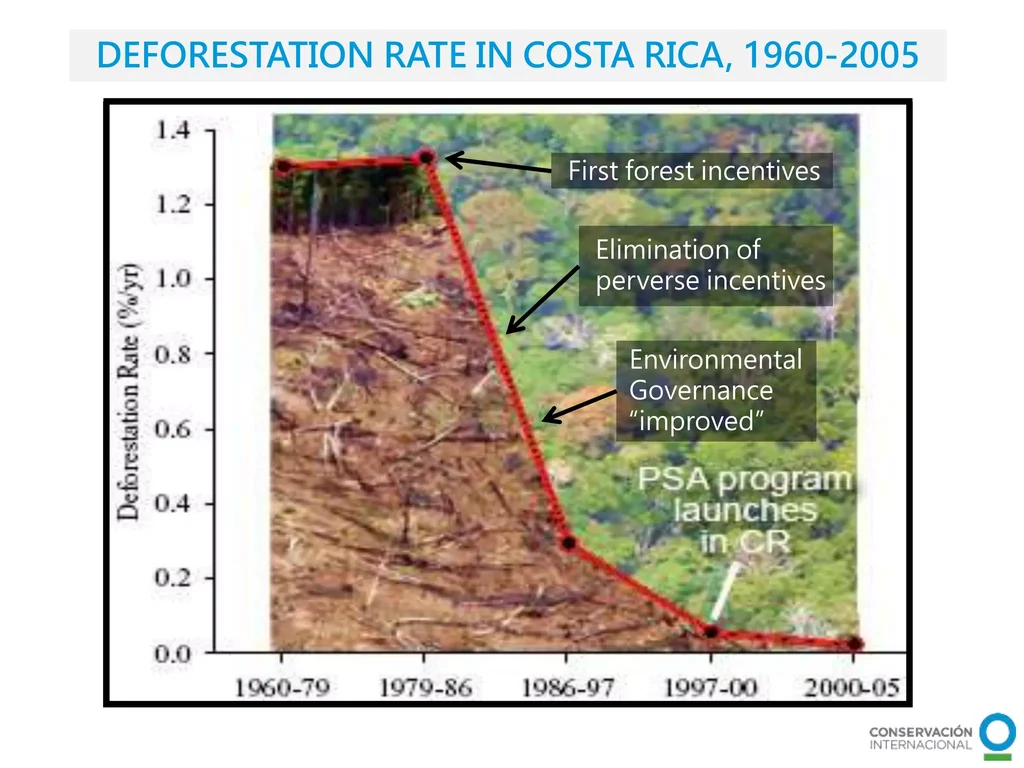
Ending subsidies
However, in a recent presentation on Repurposing Environmentally Harmful Subsidies, conservationist and Global Environment Facility CEO, Carlos Manuel Rodríguez – himself a Costa Rican and the former Environment and Energy Minister – explained that it was the elimination of perverse subsidies that had encouraged practices such as cattle ranching that played the biggest role in Costa Rica’s conservation efforts, resulting in an 80% reduction in deforestation rates by discouraging forest conversion and encouraging environmentally friendly alternatives.
Global scale of subsidies
Subsidies are intended to keep prices low, but it cannot be said enough that subsidies and incentives to big corporations are an important underlying driver of environmental destruction. In addition, we also have the external costs that are not included in the corporate balance sheets but are passed onto society and citizens. These include the enormous cost of things such as climate change, air pollution, and traffic congestion.
The latest IMF figures suggest these subsidies and external costs amount to a total of more than $7 trillion for fossil fuels alone – or 7.1% of global gross domestic product. Reforms of harmful subsidies and incentives and alignment of positive policies are essential for reducing the money flows to companies that destroy nature.
Costa Rica’s Triumph
At the heart of Costa Rica’s success has been collaborative thinking across government departments that has prevented conflict and ensured a cohesive policy strategy for sustainability. According to Rodríguez, this involved enacting 63 conservation-related laws and policies and was greatly helped by an institutional framework in which Costa Rica’s environmental efforts came under a unified Ministry of Environment and Energy which brought together everything relating to natural resources, from energy and mines to water and the ocean.
Concerns
However, it is important to point out that concerns persist regarding Indigenous land rights in Costa Rica, as well as the impact of the three million tourists annually, making it the most visited country in Central America. And, while the combination of political stability, social contract and stable growth has resulted in Costa Rica having one of the lowest poverty rates in Latin America and the Caribbean, poverty rates are particularly high among vulnerable groups, Indigenous populations, and migrants many of whom have been affected by the significant increase in the cost of living for people.
Good causes
Cutting subsidies does offer governments the possibility of redirecting funds to help those communities protecting the forests where they live. Recently, initiatives that have been put forward have included the Tropical Forests Forever Fund proposed by Brasil and the CBD Global Biodiversity Framework Fund, both of which envisage more support for Indigenous Peoples and frontline communities.
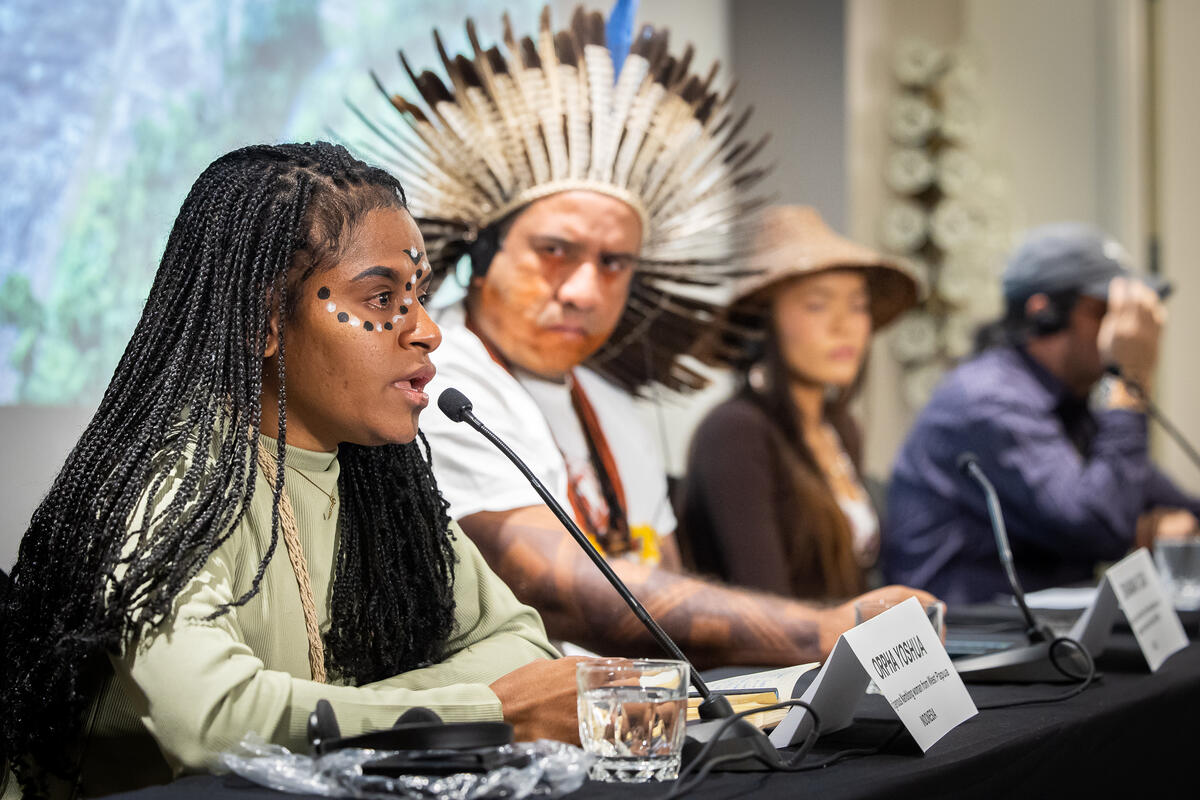
Subsidies are often not effectively directed towards those in greater need, and discontinuing detrimental subsidies could be a possible step towards establishing a wellbeing economy that would benefit society as a whole. Such an approach would prioritise the needs of ordinary people ecosystems over the financial gains of a select few.
We could also see a shift in public and private-sector financial support that, while protecting the poor, helps polluting industries transition to ecological and cleaner alternatives; create job opportunities in the renewable sector; boost community and personal energy production; and shift resources towards fossil-free public transport alternatives such as a strong railway network and trams. In short, we need national budgets that are focused on securing people’s needs, through strengthened public services in ways that also increase resilience and safeguard the ecosystems our societies rest upon.
Switzerland too
And it is not just Costa Rica that has been taking action. For example, Switzerland, over the last 30 years, has increased subsidies that promote biodiversity and a more integrated farming system. In a country where 60% of habitats are considered to have ‘threatened’ or ‘near threatened’ status, and 35% of its wild species have been classified as extinct or endangered, this transition to more biodiversity payments – which included transition support for livestock farmers – has successfully expanded biodiversity, as measured by acreage. However, challenges persist, including ongoing subsidies for the animal sector. Environmental objectives for species and habitats have not been met, with calls for further measures such as halting intensive livestock farming and reducing pesticide use.
Lessons learned
As the world stands at a crossroads, Costa Rica’s example underscores the importance of government action in protecting and restoring nature. Two years ago, 188 countries signed the Convention on Biological Diversity (CBD) which provides a framework for global cooperation – including a pledge to shift subsidies away from destructive practices and to reform the finance sector. Yet, meaningful action is still lacking. Other nations must follow Costa Rica’s lead and prioritise the protection of our natural resources that all life depends on.
Attila Kulcsar is Global Media Lead with Greenpeace International working on the Defund Nature Destruction Now campaign.

